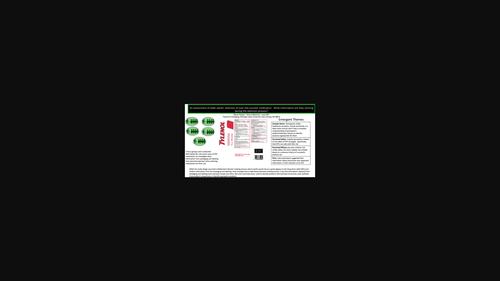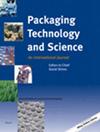An assessment of older adults' selection of over‐the‐counter medication: What information are they utilizing during the selection process?
IF 2.8
4区 工程技术
Q2 ENGINEERING, MANUFACTURING
引用次数: 0
Abstract
Herein, we investigate the information older adults use when selecting over‐the‐counter (OTC) medications. Two specific objectives framed our work: (1) determine what information older adults believe to be important when selecting an OTC and (2) determine what information they believe to be important when assessing an OTC product's appropriateness for use. Five focus groups comprised of OTC users aged 65+ (total n = 24) were led using a moderator guide which incorporated surveys, individual activities and guide group discussions in support of these objectives. Complete transcripts of group discussions were coded into emergent themes and analysed in conjunction with survey results. Four broad themes were identified: price, search for advice, perception of efficacy and perception of safety. While we framed our study specific to labelling information, expecting older consumers to use a deliberative decision‐making process, typical of products that carry risk, what emerged was the fact that they utilized a habit‐based process that was largely driven by price comparisons and previous success with products. The specific, intensive information from the Drug Facts Label (DFL) required by the US Food and Drug Administration (FDA), which we had designed our questions around, was not the information discussed intently by our participants. Data suggests that they rely on simple heuristics available through other aspects of the packaging.

老年人选择非处方药的评估:他们在选择过程中使用了哪些信息?
在此,我们调查老年人在选择非处方(OTC)药物时使用的信息。我们的工作有两个具体目标:(1)确定老年人在选择OTC药品时认为哪些信息是重要的;(2)确定他们在评估OTC药品是否适合使用时认为哪些信息是重要的。由65岁以上的OTC使用者组成的五个焦点小组(总n = 24)使用主持人指南进行领导,该指南包括调查,个人活动和指导小组讨论,以支持这些目标。小组讨论的完整文本被编码为紧急主题,并结合调查结果进行分析。确定了四个广泛的主题:价格、寻求咨询、对疗效的看法和对安全性的看法。虽然我们的研究专门针对标签信息,期望老年消费者使用审慎的决策过程,这是典型的带有风险的产品,但事实是,他们使用了一个基于习惯的过程,这在很大程度上是由价格比较和以前产品的成功驱动的。美国食品和药物管理局(FDA)要求的药物事实标签(DFL)的具体、密集信息,我们设计了我们的问题,并不是我们的参与者认真讨论的信息。数据表明,他们依赖于通过包装的其他方面提供的简单启发式。
本文章由计算机程序翻译,如有差异,请以英文原文为准。
求助全文
约1分钟内获得全文
求助全文
来源期刊

Packaging Technology and Science
工程技术-工程:制造
CiteScore
4.90
自引率
7.70%
发文量
78
审稿时长
>12 weeks
期刊介绍:
Packaging Technology & Science publishes original research, applications and review papers describing significant, novel developments in its field.
The Journal welcomes contributions in a wide range of areas in packaging technology and science, including:
-Active packaging
-Aseptic and sterile packaging
-Barrier packaging
-Design methodology
-Environmental factors and sustainability
-Ergonomics
-Food packaging
-Machinery and engineering for packaging
-Marketing aspects of packaging
-Materials
-Migration
-New manufacturing processes and techniques
-Testing, analysis and quality control
-Transport packaging
 求助内容:
求助内容: 应助结果提醒方式:
应助结果提醒方式:


